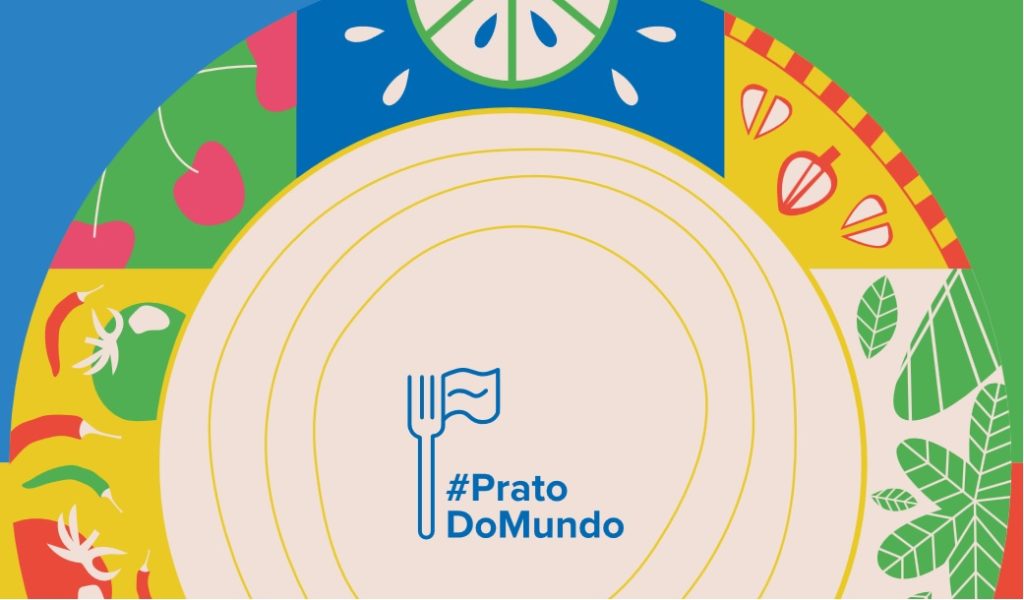São Paulo – Recipes by refugees from Syria, Colombia and Venezuela are gathered in the free e-book Prato do Mundo launched last December to celebrate the 70 years of the United Nations High Commissioner for Refugees (UNHCR).
The introduction to the book stresses the importance of the cuisine for the preservation of the history, values and emotional memories of each country and region. “Therefore, the culinary is a valuable, delicious gateway to other cultures. These ties between a person and their homeland gets stronger when they are separated, especially when this separation is compulsory – as in the case of refugees, who must leave their homes to escape from wars, conflicts, violence and persecution,” the text reads.
The book includes seven sweet and savory recipes from these countries, such as Colombian patacones and Venezuelan torta near. The Arab stuffed squash and dolma in the book are made by Syrians who arrived in Brazil as refugees and now own food businesses in São Paulo.
Before each recipe, the book brings the history of the cooks, such as Omar and Kenanh Suleibi from Syria, who sell Syrian foods on request (Limar Comida Árabe) and arrived in Brazil in 2014 without speaking a word of Portuguese. Limiar is Omar’s daughter. The couple presents the recipe of the stuffed squash in the book and tells a story of Omar eating his grandmother’s squashes while growing up.
Muna Darweesh came from Syria to São Paulo without speaking Portuguese, too. She started by selling Arab sweets and now sells several Arab dishes for events (Muna Sabores & Memórias Árabes). In the book, Darweesh explains the dolma’s recipe and says it’s a dish that is present in every party in Syria.
Preserving their origins through food is a way for the refugee people to start again, and besides strengthening their memories, offering typical dishes to the community can be a source of income and autonomy. The cuisine has been one pillar of inclusion in the labor market for the refugee people in Brazil.
“A dish from a country or region holds years of history, discoveries, values, emotional memories, UNHCR representative in Brazil, Jose Egas, was quoted as saying in a press release. “The culinary is a valuable, delicious gateway to other cultures. For many people who left everything behind to escape from wars, conflicts, violence and persecution, the cuisine, in addition to being an important link to their cultures and life stories, is a source of income and autonomy,” he added.
Download the e-book at Prato do Mundo’s website.
Translated by Guilherme Miranda




